Building your child’s self-confidence can seem like a formidable task at times, but if you know what makes them tick, it becomes easier.
Confidence emerges from experiences of competence in areas that a person values.
Self-confidence is a worthwhile goal for parents to hold for their kids, and while parents are right to think they can have an impact on their kids’ developing self-confidence, there are two widespread misconceptions that can stand in the way of that.
Misconception #1-
People are either confident or insecure. In reality, very few people feel good (or bad) about themselves in every area of life. A child who feels confident in her social abilities, for example, might feel insecure about her athletic or musical ability.
Misconception #2-
Praise helps people feel confident. In fact, hollow praise actually diminishes a person’s self-esteem. A strong sense of self is built on feeling genuinely competent in areas that matter to the individual, whether sports, painting, academics, social popularity, or something else.
Not everyone is skilled at everything they do, of course, and certainly not right at the beginning. Sometimes what’s required is more effort, guidance, or assistance. A child’s lack of self-confidence can indicate problems with goal-setting, such as figuring out what he wants to invest his energy in, or persistence, which involves staying engaged with a pursuit long enough to have fulfilling and confidence-building experiences.
Here are some practical tips for parents who want to help their child or teenager develop self-confidence:
1. Unique ability profile.
Encourage your child to appreciate her uniqueness—what comes easily, and also what’s harder for her to learn—and to understand that everyone has different strengths and weaknesses.
2. Incremental learning.
Celebrate the small steps, and help your child see how those steps are required for larger achievements.
Say ‘I admire how you stayed with that picture. Those flowers make me feel happy when I look at them.’ Not, ‘You’re just like me, not very good at painting,’ or, ‘You’re a terrific artist!’
If you are focused on building your child’s self-confidence and make them happy, then read Conscious Parenting: The Art Of Raising Happy Children
3. Engagement.
Help your child discover learning opportunities in his areas of interest. His confidence will build through experiencing the activities he enjoys.
4. Availability, especially through change.
Be available to encourage your child as she considers her options, reviews her goals, and adjusts her efforts to adapt to changing demands and circumstances.
5. Growth mindset.
Show your child how to face setbacks with a positive mindset, seeing difficulties as ways to learn, not as insurmountable obstacles. Help him understand that everyone experiences problems during the course of learning anything that’s worth learning, and encourage him to take pride in overcoming hurdles.
If you want your child to grow up to be positive and mentally strong, then read 7 Tips to Raise A Self-sufficient Child
Working together with children and adolescents to bolster their self-confidence will stand them in good stead at the outset of the school year, during the months that follow, and beyond.
All children need from their parents are love, patience, support, and understanding. As long as parents are able to emotionally support and motivate their children, building their self-confidence becomes simpler.
If you want to know more about building your child’s self-confidence, then check out this video below:
Written by Dona Matthews Ph.D.
Originally appeared in Psychology Today
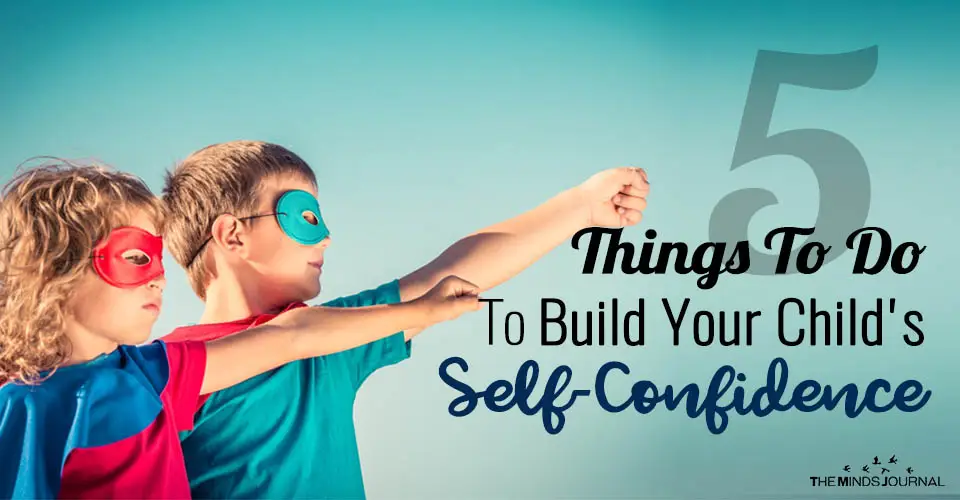
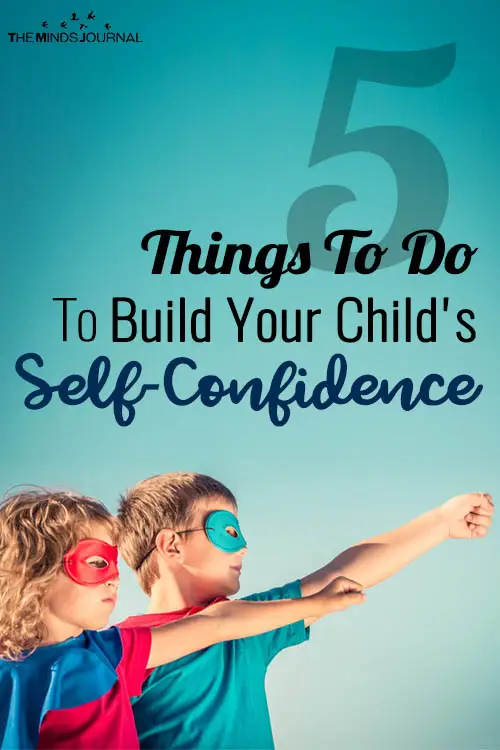

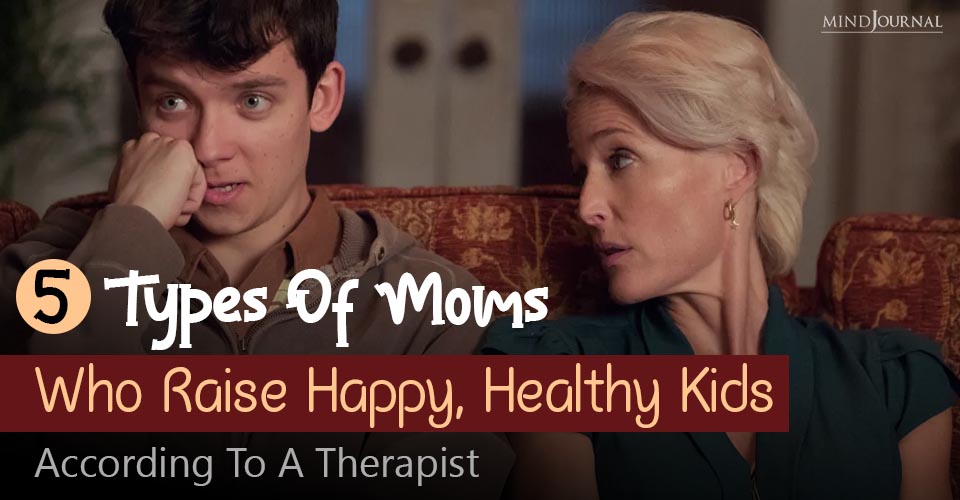
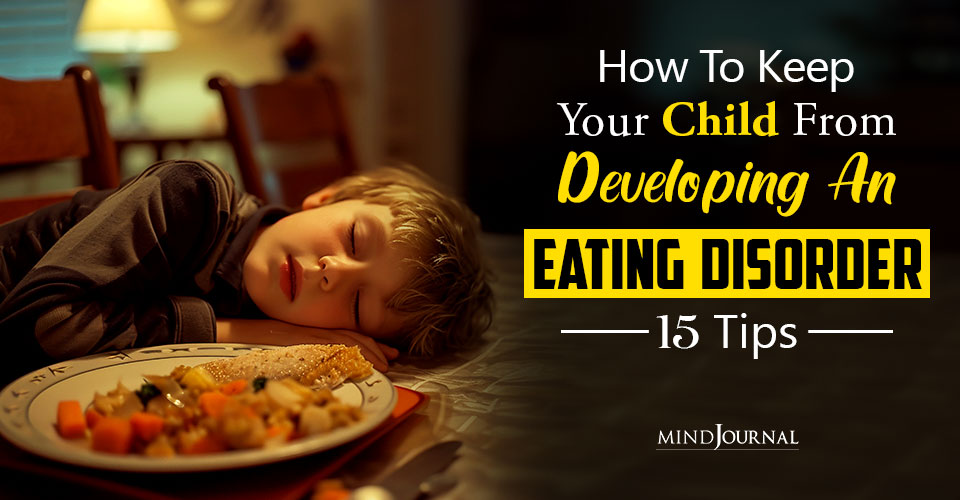
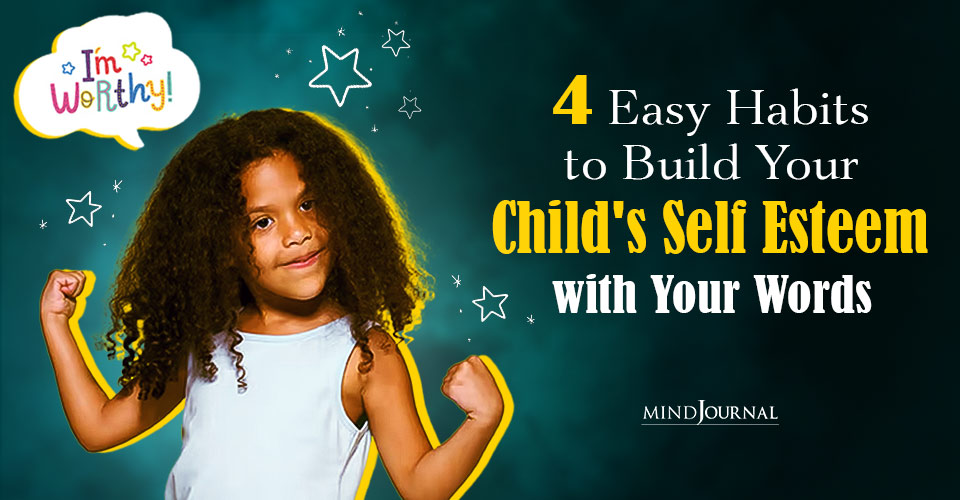
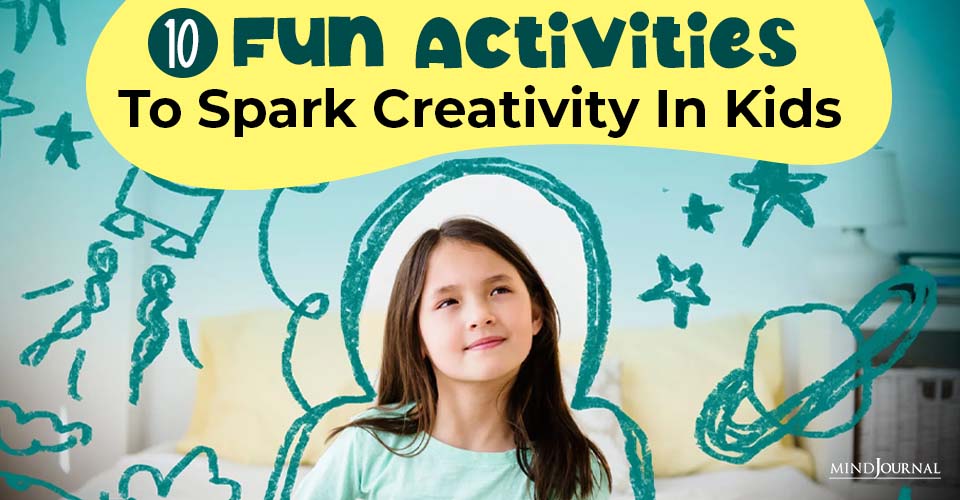

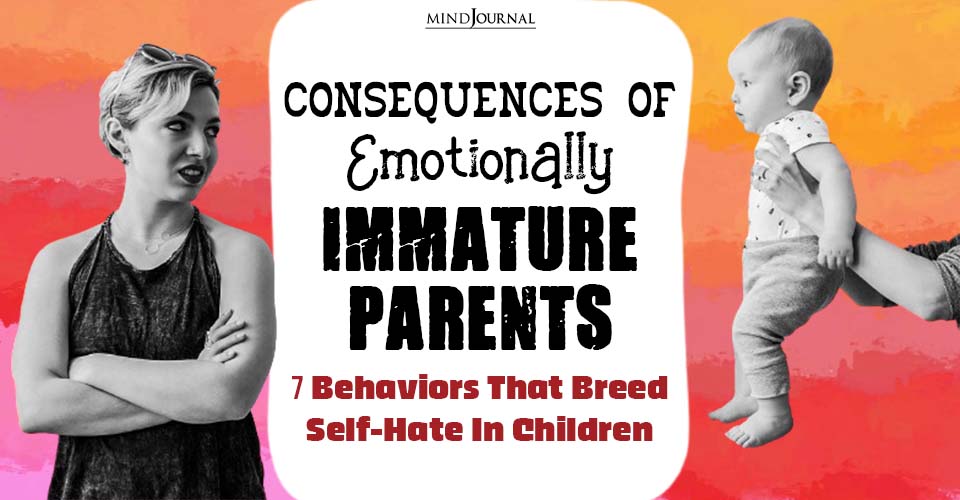
Leave a Reply
You must be logged in to post a comment.